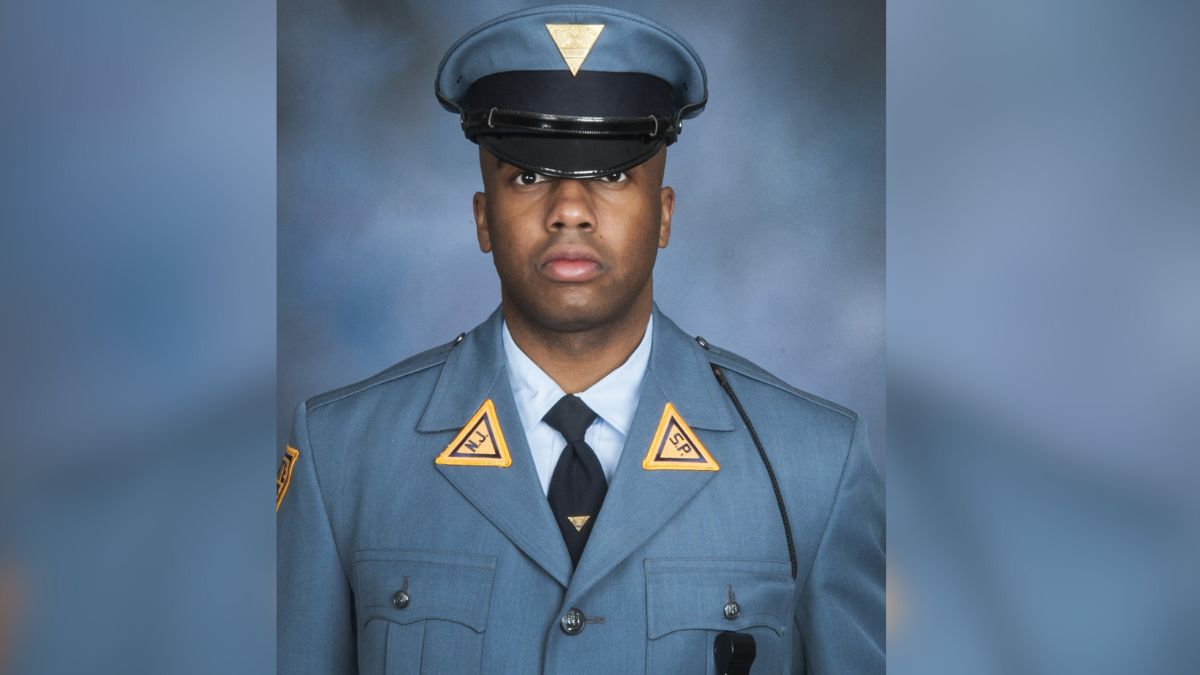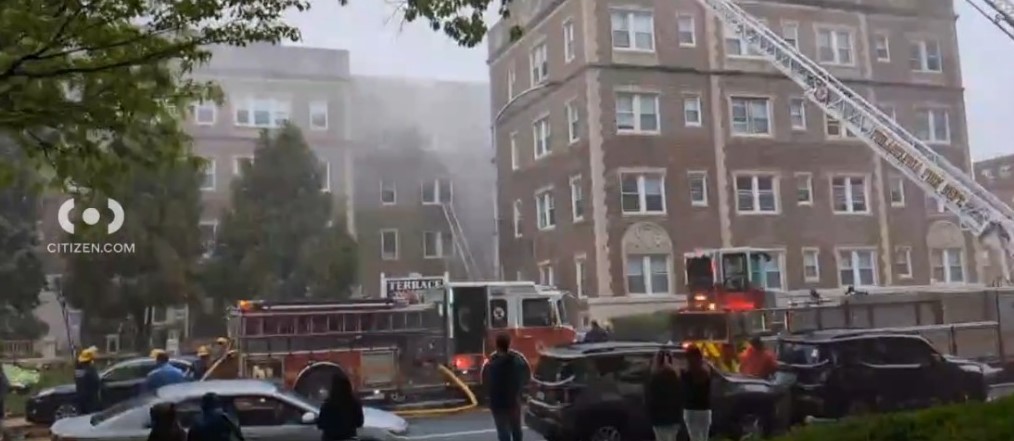More than two weeks after the Philadelphia District Attorney's Office appealed a decision to overturn his 1982 murder conviction, William Franklin appeared in court.
During his court appearance on Friday, March 22, Franklin, 77, and his attorneys asked if the conditions surrounding his house arrest could be eased in order to allow him to work for a nonprofit that helps formerly incarcerated people reintegrate into society. The Commonwealth said they were against allowing him to leave house arrest, however, since he still faces murder charges.
"I’m upset and I’m not upset," Franklin said. "There’s no need to be, you know, crying over spilled milk. Just take it from here. And I think we can work it.”
A judge gave the District Attorney's Office two weeks to review Franklin's request. Franklin will remain on house arrest as the appeal makes its way through the courts.
Get Philly local news, weather forecasts, sports and entertainment stories to your inbox. Sign up for NBC Philadelphia newsletters.
“He is an innocent man sitting here and it’s unfortunate that now he’s got to play the game," Franklins attorney, Joseph Marrone, said on Thursday. "And the game is as long as the case remains open and the appeal is ongoing, he’s subject to house arrest. And he’s 77 years old. And you know time is running out in his life. He has a beautiful family he likes to spend time with.”
Both sides are set to reconvene in two weeks.
Franklin was 33-years-old when he was convicted for murder in Philadelphia in 1980.
Local
Breaking news and the stories that matter to your neighborhood.
Franklin's defense attorney claimed jailhouse informants incorrectly identified him as a murder suspect after detectives provided them drugs and sex in exchange for testimony.
The Philadelphia Inquirer reported that homicide detectives told Emmanuel “Manny” Claitt – who was charged in multiple criminal cases -- that he could avoid serious jail time if he testified that Franklin killed Joseph Hollis in the city’s Brewerytown neighborhood in 1976.
The Inquirer also reported that Claitt claimed detectives offered to sweeten the deal by allowing him access to sex with one of his girlfriends in a police interrogation room.
After Claitt accepted the deal, Franklin was convicted of murder.
Franklin spent 44 years in prison while maintaining his innocence.
On Wednesday, Feb. 28, Judge Tracy Brandeis-Roman of the Philadelphia Court of Common Pleas vacated his conviction and granted him a new trial.
The Inquirer reported that a large factor in the decision to vacate the conviction was because Claitt recanted his testimony before he died in 2020.
NBC10 was there on Tuesday, March 5, when Franklin was released outside the Curran-Fromhold Correctional Facility on State Road in Philadelphia and met with his family members.
When asked how he felt about seeing his family members for the first time in decades, Franklin said he felt "fine" while also acknowledging the work that still needed to be done.
"Fine, lovely, glad to be here," he said. "But it's more work to be done because we got a lot of brothers and sisters behind them walls. That's where I'm at with that."
Despite Franklin's release and vacated conviction, his murder charge remained. He was then placed on house arrest.
On Wednesday, March 6, however, the District Attorney's Appeals Unit filed a notice of appeal to the Pennsylvania Supreme Court in response to Judge Brandeis-Roman's decision to vacate Franklin's murder conviction.
A spokesperson for the District Attorney's Office wrote in a statement that there was "misreporting" of Franklin's Post Conviction Relief Act. The spokesperson said that Claitt never recanted his testimony against Franklin under oath or in court.
"The claim that Mr. Claitt falsely testified against Mr. Franklin out of fear of prosecution does not make sense because 1) the statute of limitations for perjury for his 1980 testimony had expired, 2) Claitt never recanted his testimony under oath, and 3) he failed to appear in court when given an opportunity to testify. In other words, Mr. Claitt never faced new perjury charges because he never recanted in court," the spokesperson wrote.
The spokesperson also said the district attorney's Law Division Appeals Unit -- which reviewed Franklin's Post Conviction Relief Act -- determined Claitt's recantation was unreliable in part "because his statement was written by the attorney of Franklin's co-defendant, Major Tillery, and read verbatim (Mr. Tillery is also pursuing PCRA relief)."
"The Court never had an opportunity to assess Mr. Claitt's credibility, and Mr. Claitt passed away without electing to testify when given opportunities to do so," the spokesperson wrote.
The District Attorney's Office also shared the Appeals Unit's response to Franklin's PCRA petition. You can read the responses below:
Sign up for our Breaking newsletter to get the most urgent news stories in your inbox.



